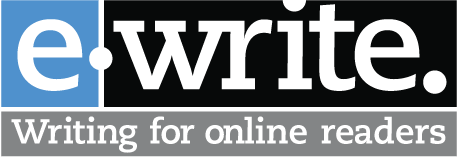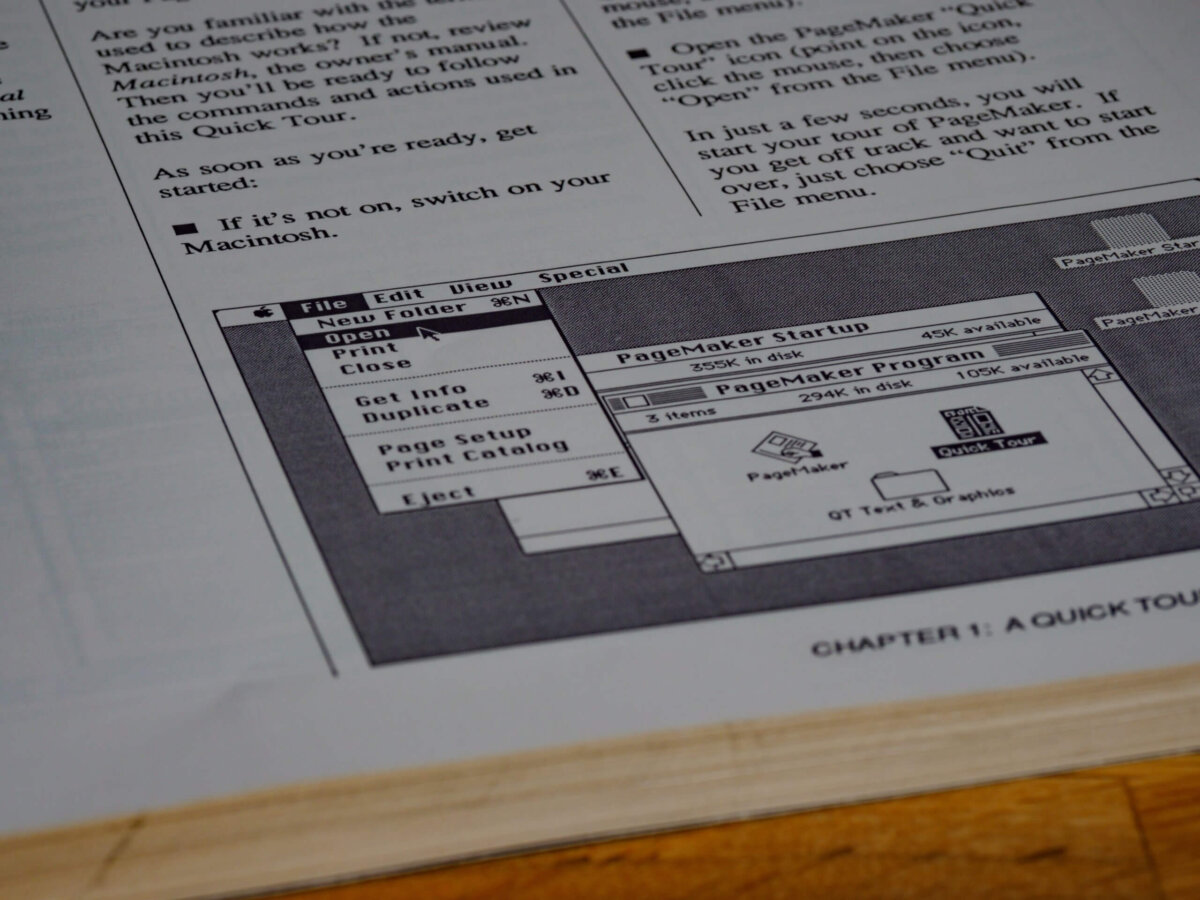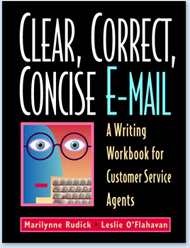From the National Association of Government Communicators list, I’m reposting information about a great resource: three social media toolkits from the Commonwealth of Massachusetts. (Thanks to Susan Parker, Director of Mass.gov for this info.) The toolkits cover
- blogging
- legal issues pertaining to social media
You can read the toolkits online or download the blogging and Twitter toolkits as PDFs. (The legal guidelines toolkit isn’t available as a PDF.)
Highlights from the toolkits
Legal Guidance Toolkit
I was thrilled when I read the opening sentence of the Legal Guidance Toolkit: “There are no legal prohibitions against state agencies using social media sites or having social media identities.” Such unequivocal language should help reduce the unreasonable fear of social media that prevents many government agencies from trying new ways of communicating with constituents.
Blogging Toolkit
The blogging toolkit includes a Blog Preparation Checklist, which reminds agencies to answer these questions before they jump into blogging:
- “Who is your audience?
- What business goals can your blog help you meet?
- What topics will you blog about?
- How will you administer your blog?
- What is your publication plan / schedule?
- What changes do you need to make to the template privacy, terms of use and social media policies? Have they been posted to your Secretariat or agency website?
- What changes do you need to make to the template comment policy?
- How will you publicize your blog?”
Twitter Toolkit
The Twitter toolkit includes a Twitter Best Practices list with plenty of practical advice. In particular, I like these three points for government Twitter-ers:
- “Be transparent. Who exactly is blogging for your
agency? Is it a person? Is it a department? Make sure people know how
they can reach the party behind the tweets. It makes a big difference
in the perceived authenticity of your efforts.” - “Be proactive. Make sure
you promote your Twitter page. Include a link to your webpage on your
Twitter account, and a link to your Twitter account from your webpage.
Include it in your formal communications plans. Insert it into your
email signatures.” - “Be realistic. Twitter isn’t
quite as easy as it seems. You need to plan to devote time and
resources to active engagement on Twitter. Additionally, building an
audience may take longer than anticipated. Don’t let slower than hoped
for results diminish your commitment.”
Susan Parker promised future Mass.gov toolkits that will cover YouTube, Facebook, Flickr, wikis, and survey tools. If she posts more information, I’ll link to it here.
Does your organization have a social media toolkit or guidelines you could share? If so, please let me know or post a comment. Thanks.
— Leslie O’Flahavan
Tags: Government web writing, Social media, Twitter






I try to do everything to avoid Twitter, but i fear it will catch up with me. Just don’t have the inclination to devote time to it.
http://www.dcd-a100.com